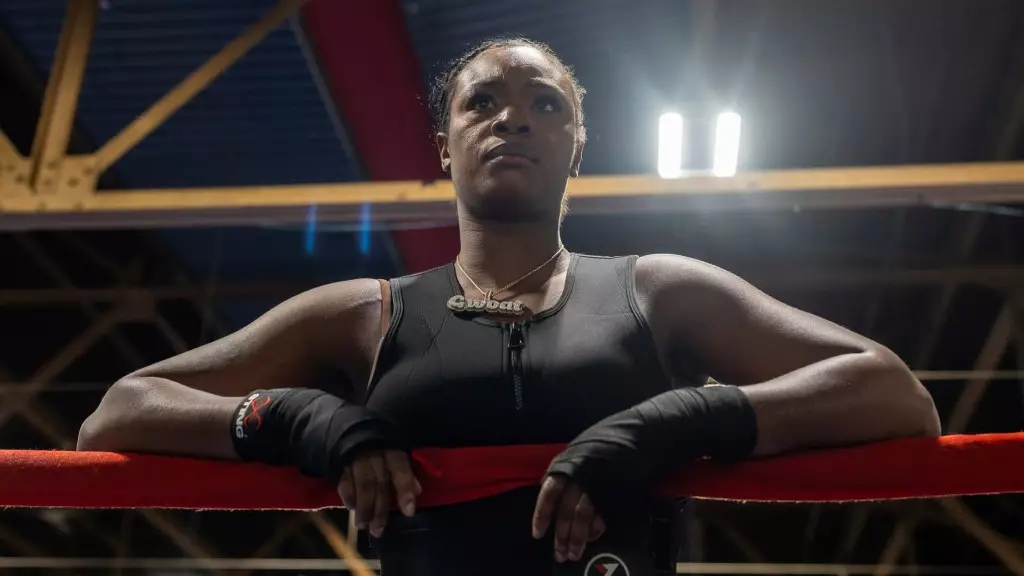The landscape of professional boxing has been heavily impacted by the recent suspension of Claressa Shields, a remarkable athlete recognized as the undisputed world champion across three weight classes. This incident not only raises questions about the integrity and regulations perceivable in the sport but also shines a spotlight on the broader discourse surrounding drug testing and athlete conduct. Shields, a dual Olympic gold medalist and renowned figure in boxing, now finds herself embroiled in controversy following a positive test for marijuana.
On February 2, after a victory against Danielle Perkins in Michigan, Shields faced a major setback when an oral fluid sample taken post-fight tested positive for marijuana, a substance banned in competition per World Anti-Doping Agency (WADA) guidelines. The Michigan Unarmed Combat Commission took swift action, suspending Shields from competing in the state. Their statement underscored the serious implications of her actions, labeling them a threat to the integrity of professional boxing, the public interest, and the welfare of fellow athletes. This suspension not only halts her athletic pursuits but also raises questions about the ethical responsibilities of professional athletes.
Shields’ suspension reflects a critical issue facing modern athletics: the strict enforcement of anti-doping regulations. While WADA prohibits marijuana, the substance has gained legal acceptance in several states and countries, leading to a complex conversation about fairness in sports. Should athletes be sanctioned for using substances that are legal in their home states? This question paves the way for a discussion about the potential need for a reevaluation of doping laws, particularly concerning marijuana. With the increasing legalization of cannabis across various jurisdictions, should governing bodies be more open to leniency regarding its use?
Following the announcement of her suspension, Claressa Shields took to social media asserting that “clean athletes win,” which could be interpreted as an attempt to maintain her reputation amid controversy. This response suggests a conflict between her identity as a champion and the current predicament she faces. Additionally, the World Boxing Organization (WBO) has requested a “show notice” from Shields, expecting an explanation for the failure to comply with anti-doping regulations. Their lack of authority to impose suspensions underscores the complexity of governance in sports, where multiple organizations have different rules and enforcement mechanisms.
As the Michigan Commission conducts its investigation, the future remains uncertain for Shields and her illustrious career. Regardless of the outcome, this situation compels boxing authorities to reflect on their regulations and consider the implications of their policies on athletes’ rights and well-being. It also raises an urgent call for dialogue within the sports community about the implications of outdated policies in an increasingly complex landscape. In the pursuit of fair competition, can the boxing world strike a balance between strict enforcement and a supportive environment for its athletes?
Claressa Shields’ suspension serves as a crucial juncture for boxing and potentially for all sports navigating the choppy waters of drug testing and athlete responsibilities. This incident presents an opportunity for growth and reform in the athletic community, emphasizing the importance of dialogue, regulatory reevaluation, and support for athletes seeking to maintain their integrity while competing at the highest levels. As Shields navigates this challenge, the boxing world must also consider its role in shaping a just and equitable sporting environment.

